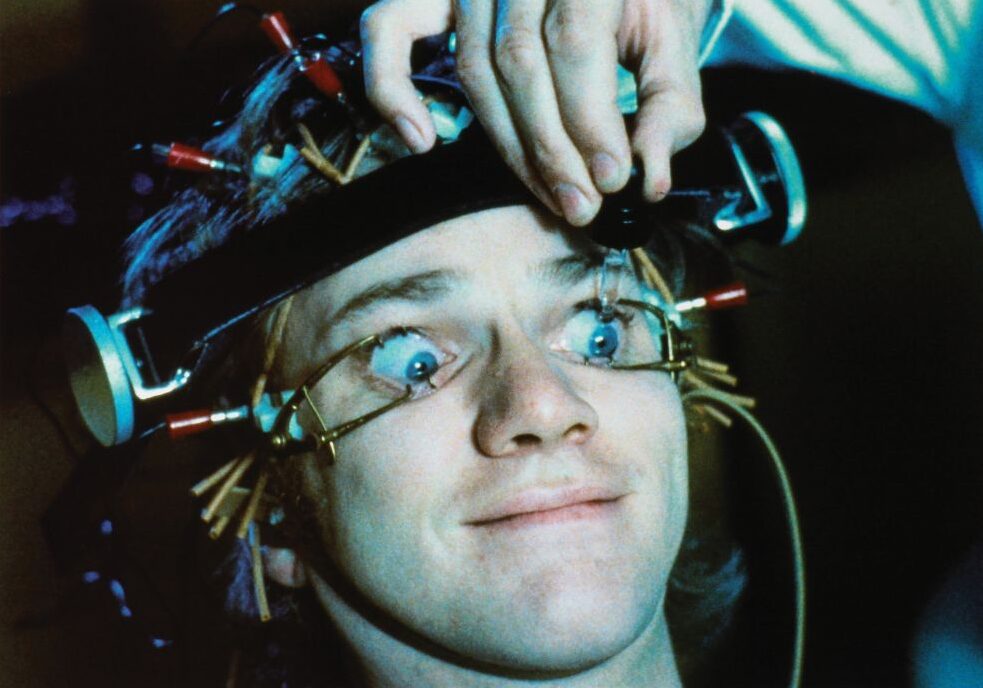We usually think that the biggest threats will arrive from overseas or outer space. Not true. The psychological studies are in, and hip hop is gonna give you herpes. From the discipline that brought you eugenics, electroshock therapy, and the Oedipus complex comes a steady stream of conclusions that will get you throwing your over-ear noise-cancellers into a dumpster fire. It’s science people. Not against science, are you?
In 2006, in the Journal of Studies on Alcohol, researchers from the Prevention Research Center of the Pacific Institute for Research and Evaluation conducted a study trying to find out whether young people’s drug use and violence were related to their listening to music containing messages of drug use and violence – and concluded that young people’s drug use and violence … were related to their listening to music containing messages of drug use and violence.
#mindblown.

Also Read
WHEN EMINEM RULED THE WORLD
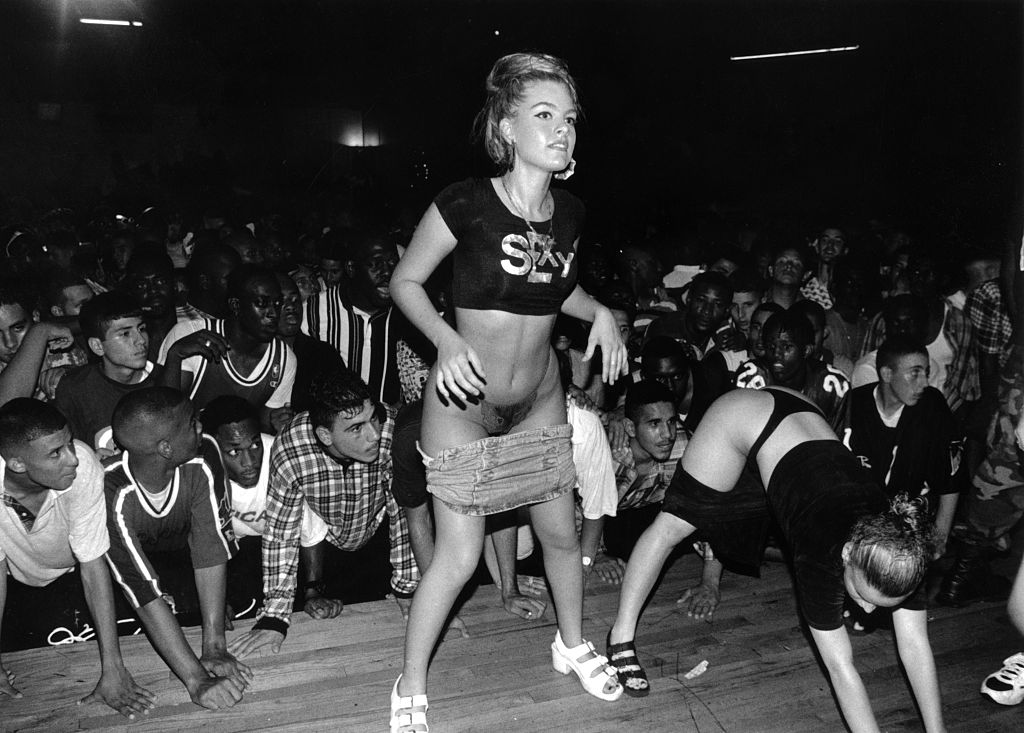
In their innovative and vaguely nasty studies, Barbara Krahé and Steffen Bieneck from the University of Potsdam conducted experiments where participants were first told to imagine they were relationship counsellors and then told to write an essay on a romantic conflict presented to them. Afterwards, an insider would give them prepared feedback about just how goddam shit their work was, how poor the advice, how bad the approach. The feedback was, according to the experimenters, “designed to create variability in the [participants’] level of anger.”
After this exquisite shaming, the experimenters played the participants either no music or mix tapes of either “pleasant music” or “aversive music.” The “pleasant music” comprised different classical pieces, like Grieg’s Peer Gynt Suite, Vivaldi’s Four Seasons, and Dvorak’s 9th Symphony, at a volume of 55 dB (about the level of the average conversation). And what about the “aversive music”? These “consisted of a range of different hardcore and techno pieces (e.g., King Deuce)” played at around 60 dB (about the level of the average vacuum cleaner). In case you were just wondering “Who the fuck is ‘King Deuce’?” we’d reply “Nobody really knows.” And if you then asked “Did they name any other artists they used to wind people up?” we’d reply “No – just King Deuce.”
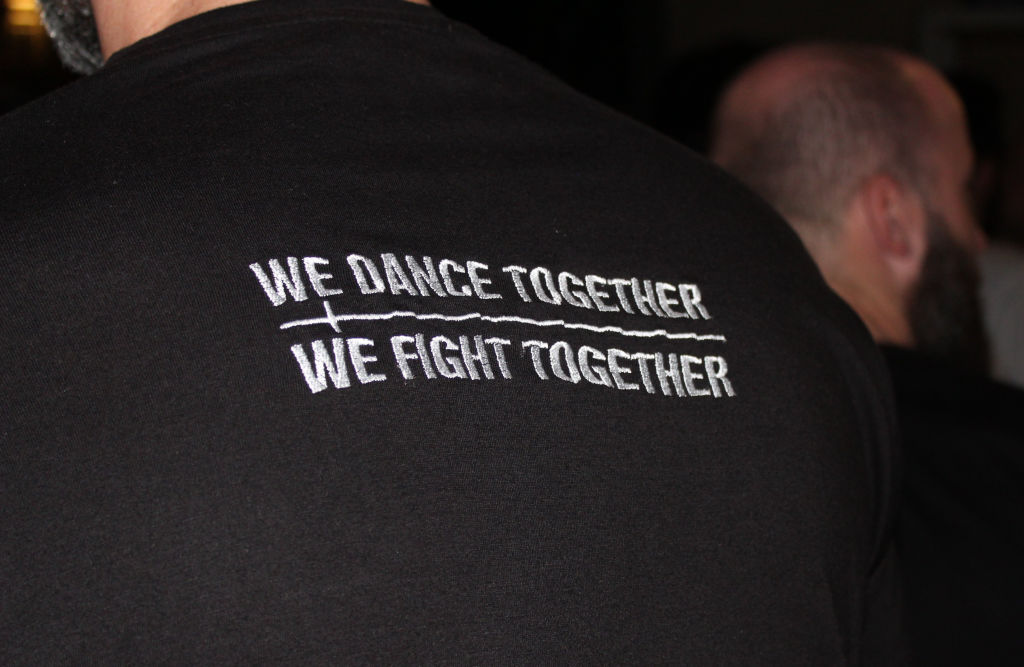
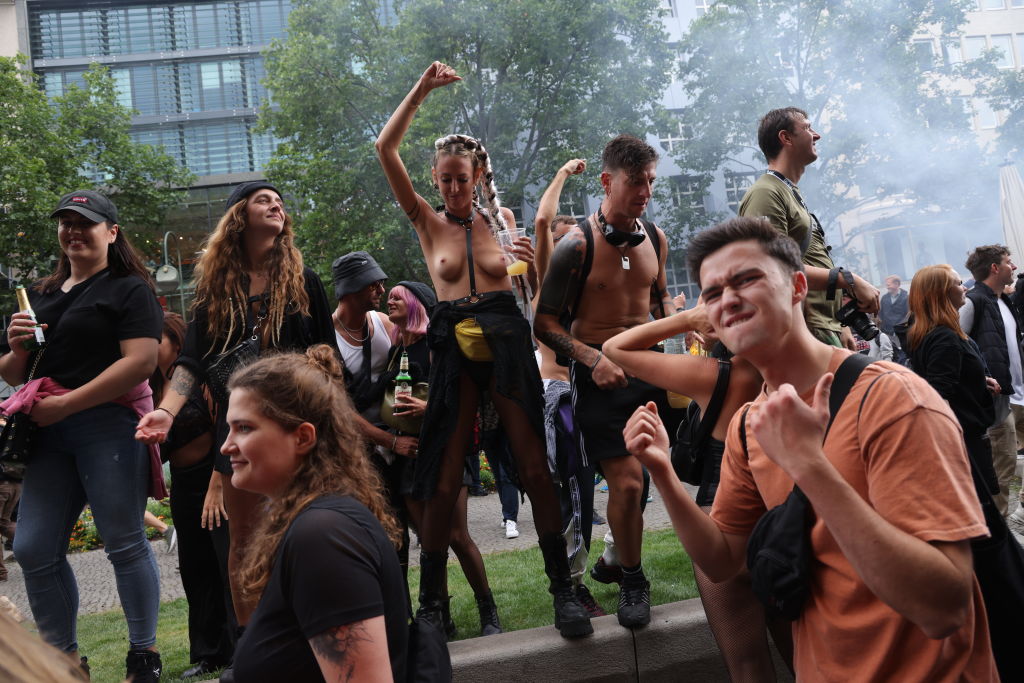
The paper listing the evasive and aversive King Deuce is entitled “The Effect of Music-Induced Mood on Aggressive Affect, Cognition, and Behavior” – and it concludes that listening to “pleasant music” after getting inflammatory essay feedback “buffered” aggressive responses. That is, if a psychologist makes you angry via gaslighting, best they then play you classical music – and not King Deuce.
Kent State University’s Christy Barongan and Gordon C. Nagayama Hall’s influential study “The Influence of Misogynous Rap Music on Sexual Aggression Against Women” tried to investigate the impact of listening to “misogynous rap music” and then determine “the effects of cognitive distortions concerning women on sexually aggressive behavior in the laboratory.” (Few people really know the extent of just how sexually aggressive laboratories could be back in the ’90s.)
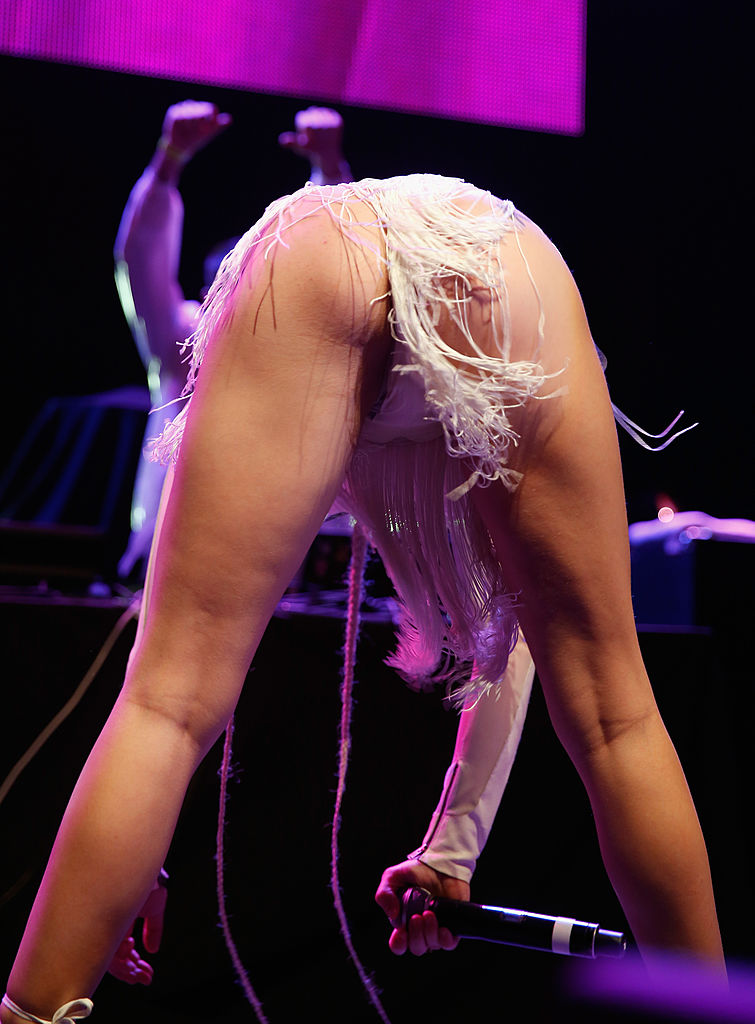
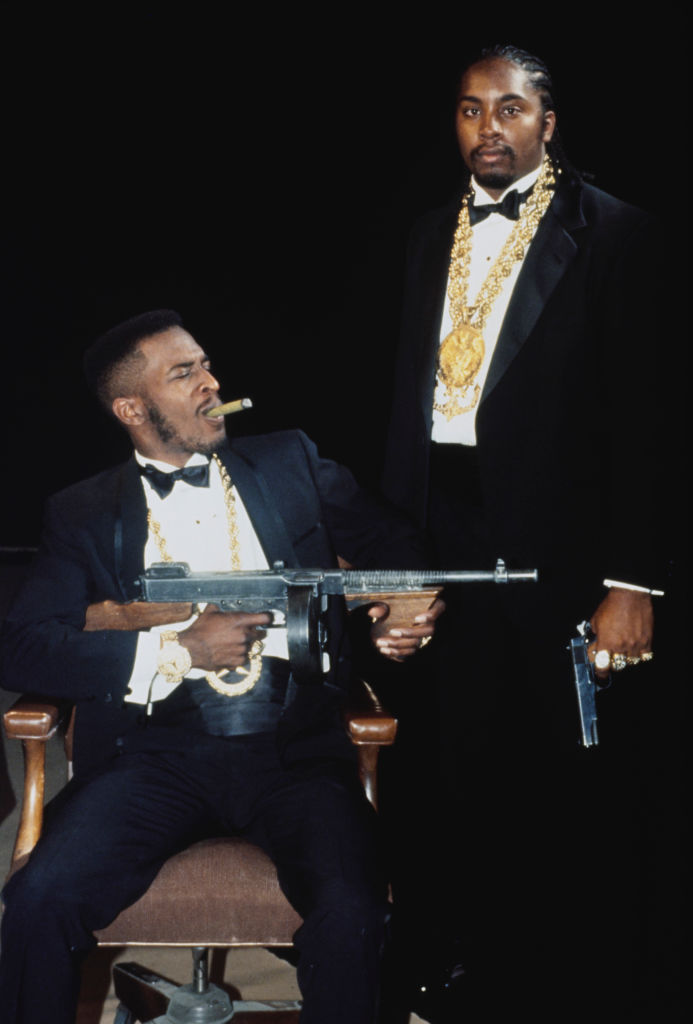
Twenty-seven men listened to “misogynous rap music” and twenty-seven listened to “neutral rap music.” Participants then viewed neutral, sexually violent, and assaultive film vignettes and chose one of the vignettes to show to a female “confederate” (meaning “co-participant,” not “pro-slaver”). Among those who were subjected to the “misogynous music condition,” 30% showed the female a nasty vignette compared to only 7% to those who weren’t subjected to the music: “These findings suggest that misogynous music facilitates sexually aggressive behavior.” (So, if you are interested in facilitating sexually aggressive behavior, misogynistic rap is an excellent choice.)
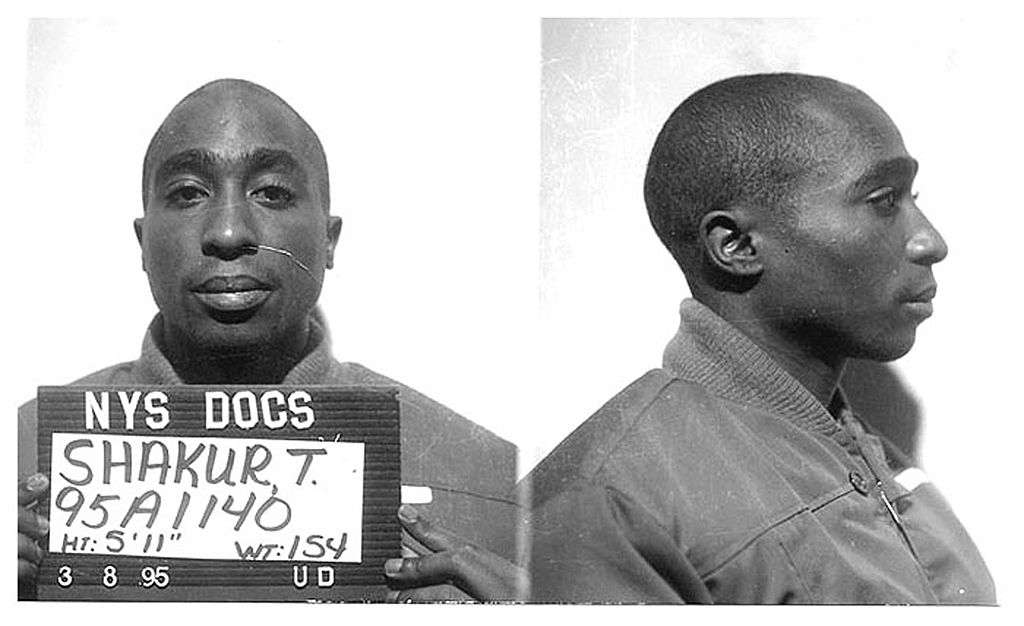
Similarly and more confusingly, in “Ambivalent Sexism and Misogynistic Rap Music: Does Exposure to Eminem Increase Sexism?” Michael D. Cobband William A. Boettcher the Third – both from the Department of Political Science at North Carolina State University – found out, in their first experiment, they didn’t discover anything at all – because their “measures … were unreliable.” In their second study, however, they discovered that – using the “ASI” (that “Ambivalent Sexism Inventory” – we’re certain you’re familiar with it) – that exposure to misogynistic rap music increased sexism in listeners. The more interesting conclusion was that listening to non misogynistic rap music also increased sexism. (It’s probably that damn beat. Makes you sexist. Everyone knows that.)
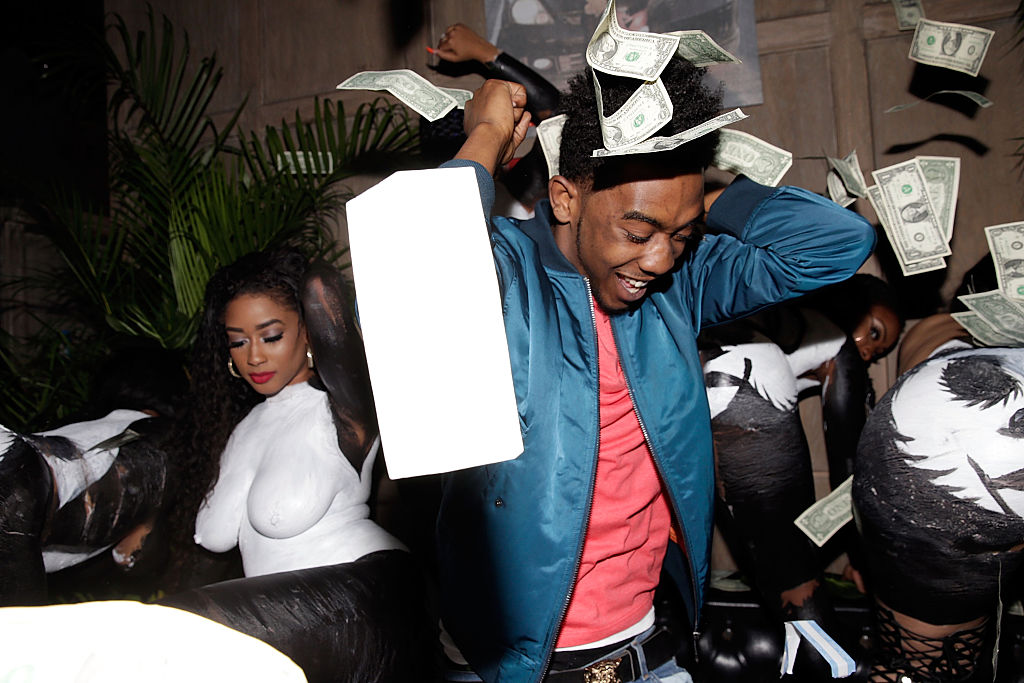
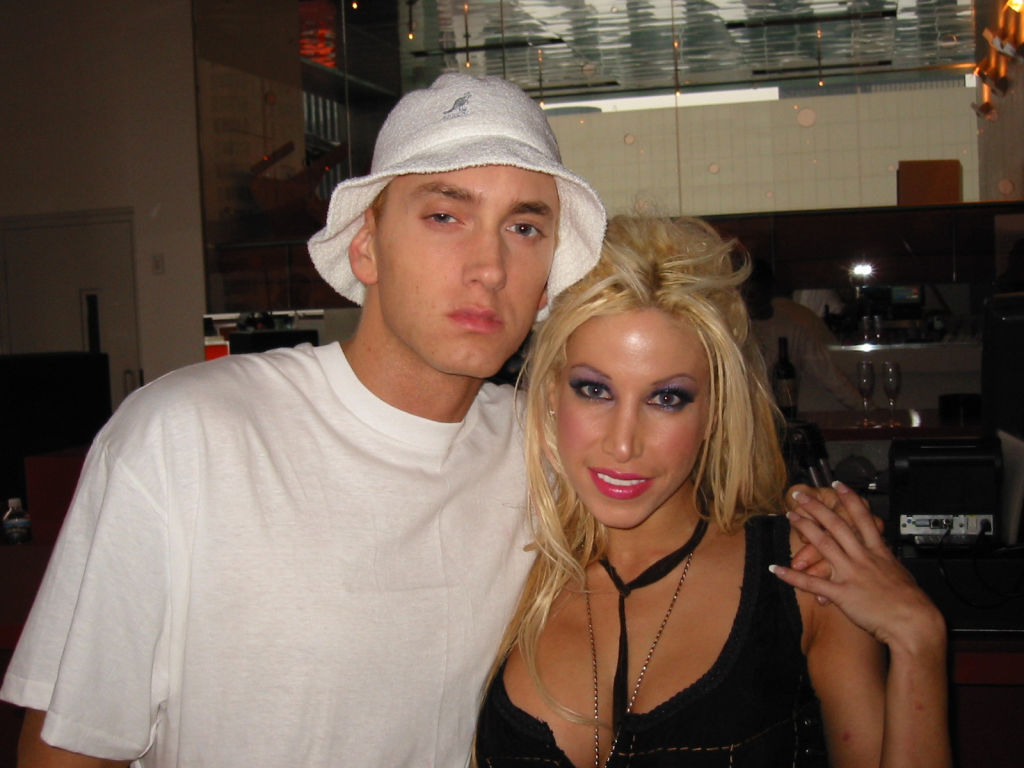
Can we continue? In “Converging Interracial Consequences of Exposure to Violent Rap Music on Stereotypical Attributions of Blacks,” James D. Johnson, Sophie Trawalter, and John F. Dividio “demonstrated” that exposure to violent rap music influences both white and Black attitudes towards Black people when compared to exposure to “nonviolent Black musicians” (they mean, we assume – and hope – nonviolent Black music). That is, people exposed to violent rap music tend to then think, as a result – among other things – that black people are lazier and less intelligent than other people. (Oddly, the experimenters don’t point out that such attributions tend to suggest that listening to the music during psychological experiments somehow makes listeners dumber.)
And finally, a study that shows that negative attitudes towards rap and hip-hop likely influences anti-Black attitudes and justifications for racism. In “Blame It on Hip-Hop: Anti-Rap Attitudes as a Proxy for Prejudice,” Christine Reyna and Mark Brandt showed how negative viewpoints about rap were closely associated with negative stereotypes and also with discrimination against black people, acted out both personally and politically. We might add that it may even influence research on the topic.
Of course, it has been argued for some time that hip hop exercises a dark influence over culture in ways that parallel the sorts of concerns people had with comics in the 1950s and “satanic” games like Dungeons and Dragons in the 1980s. (Oddly, Eric Clapton’s only #1 US Billboard Single “I Shot the Sheriff” – a cover of a Bob Marley song – never attracted the same criticisms as Ice T’s “Cop Killer,” although studies have not been done in its links to the fact that Clapton’s song came out in 1974, a high point in the killing of police, not equaled until the events of September 11.)
Of course, another suspect here might be normalization of violence in the other grisly song of that year, Carl Douglas’ “Kung Fu Fighting,” with its chilling refrain “Everybody was kung-fu fighting / Those kicks were fast as lightning.”
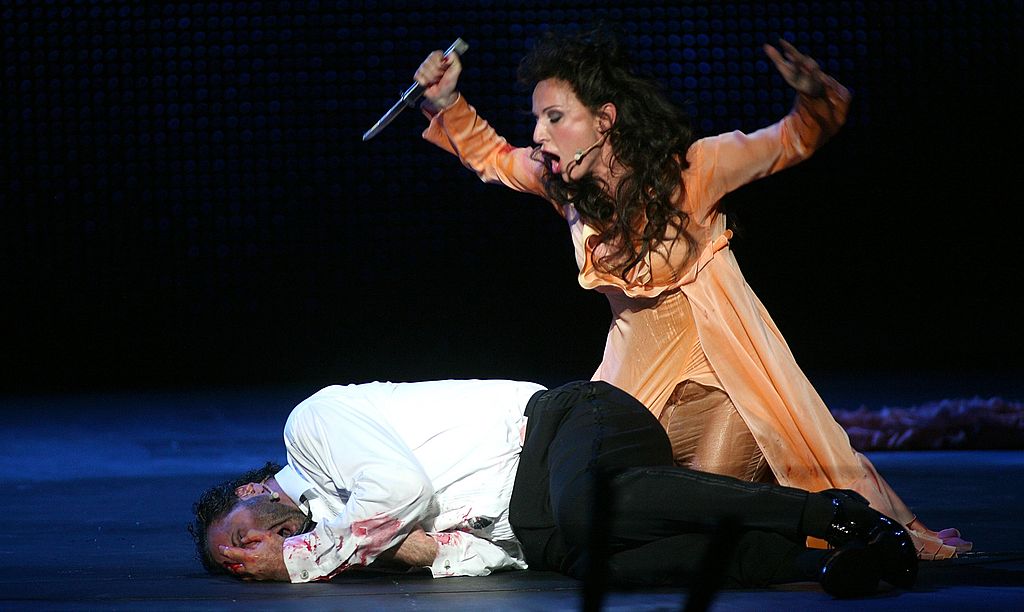
We can only be thankful, then, that opera as a form of entertainment seems to be dying. In Puccini’s legendary opera Tosca, we see barbarities like stabbings, a dramatic suicide, firing squads, and violence against law enforcement. The dark second act concludes with the main character stabbing the chief of police to death, jeering at him, and screaming that she wants him to choke on his own blood. Tosca concludes with the hero committing suicide in a most spectacular fashion.
Hang on a minute …

